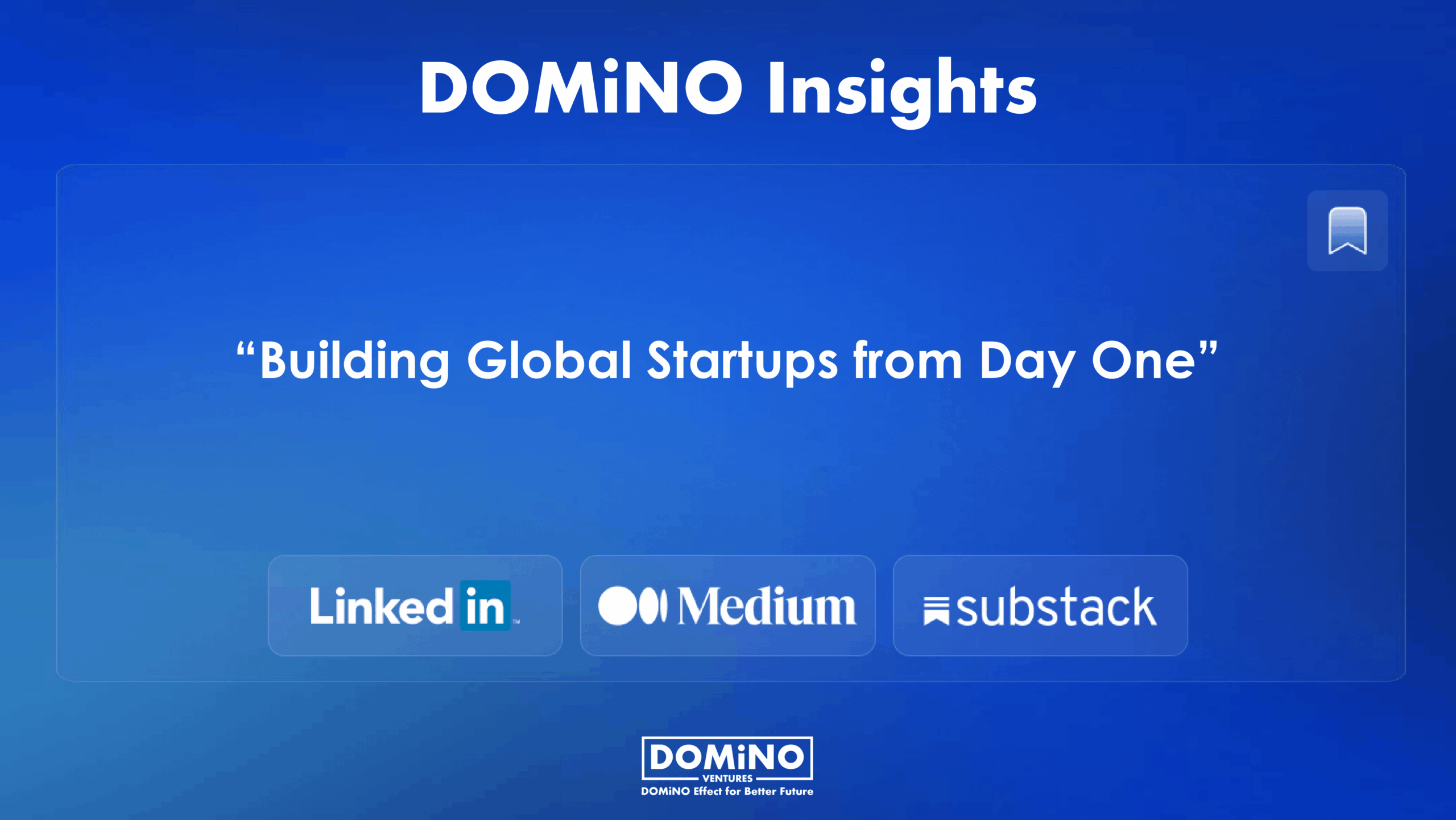Building Global Startups from Day One


Building Global Startups from Day One
In today’s interconnected world, startups have the unique opportunity to go global from the very beginning. Unlike in the past, where companies would first establish themselves in local markets before expanding internationally, modern startups are leveraging technology, remote teams, and global networks to build businesses with an international footprint from day one. But what does it take to launch a startup with a global mindset?
A startup designed for global success requires a scalable business model, a universal value proposition, and the right team to execute it. Founders must consider international markets from the outset, choosing a product or service that has demand across different regions and cultures. Localization, including language adaptation and cultural sensitivity, plays a crucial role in ensuring seamless entry into various markets.
Technology is a key enabler for global startups. Cloud-based infrastructure, digital payment systems, and remote work tools allow businesses to operate across borders efficiently. Platforms like Shopify, Stripe, and AWS have made it easier than ever for startups to reach international customers without the need for a physical presence in every market.
While launching globally has its advantages, it also presents unique challenges. Startups must navigate complex regulatory environments, different consumer behaviors, and logistical hurdles. Intellectual property protection, tax compliance, and local labor laws vary by country, requiring careful legal and operational planning.
Another challenge is competition. Entering global markets means facing established players who understand their local markets better. To succeed, startups must differentiate themselves through innovation, customer service, and localized marketing strategies.
Building a strong global network is essential for international growth. Partnerships with local businesses, accelerators, and investors can help startups understand market dynamics and expand their reach. Global mentorship programs and incubators, such as Y Combinator and Techstars, provide invaluable resources and connections for scaling internationally.
Hiring globally also gives startups a competitive advantage. Remote work has made it possible to build diverse teams with talent from different parts of the world. This diversity brings fresh perspectives and enables startups to tailor their products to a wider audience.
Building a global startup from day one is both an ambitious and rewarding journey. By leveraging technology, strategic partnerships, and an internationally-minded team, startups can position themselves for long-term success in a borderless economy. While challenges exist, the potential for growth and impact is limitless. For entrepreneurs willing to think globally from the start, the world truly is their marketplace.
Clarity. Ambition. Precision. Respect. Impact.
At DOMiNO, our mission is to back bold founders and create the DOMiNO Effect for Better Future. These five values guide everything we do from how we choose our partners to how we show up for them. They reflect who we are, what we stand for, and how we build together.
Bold Moves Shift The Future
We back high-tech, pure-digital, and first-day global startups led by founders obsessed with finding innovative ways to build a Better Future with the DOMiNO Effect. We support outstanding technology founders from Eastern Europe, Central Asia and the Caucasus to help them realize their global ambitions.
Beyond Sectors. Into Scale
We’re looking for high-tech, pure-digital and first-day global startups and the big brains behind them. It’s not just about the category, it’s about clarity of vision and the courage to scale it fast.
Working on something big? We're all ears.
The best way to reach us is via someone we mutually know. You can always email us directly at apply@dominovc.com
Looking to invest in bold ideas for a Better Future?
The best way to invest with us is through shared vision and bold ambition, if you're ready now, our funds and portfolio are open to those ready to shape the future. Let's invest in it together.














